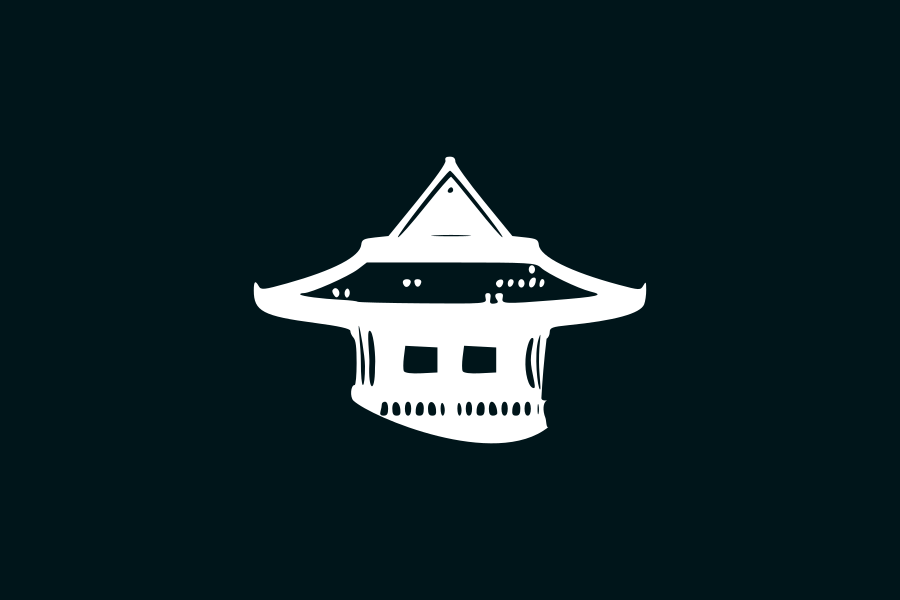Samourai Dojo v1.22.0: New API Endpoint, Exclusion of Incompatible Clients
Samourai Dojo is an end-to-end bitcoin wallet backing server for powering Samourai Wallet and other light clients.

- New API endpoint. "In this version, we added a new
/seenendpoint which an API consumer can use to easily check if an address (or list of addresses) have been used in the past. This is not checked against Dojo tracker database but against an indexer (addrindexrs/fulcrum/OXT) and thus doesn't require addresses in question to be tracked by Dojo." - New option for BTC-RPC Explorer. "A new configuration option has been added for BTC-RPC Explorer - users are now able to turn off the
slow-device-modewhich is used by default. Users with more performant devices can choose to switchEXPLORER_SLOW_DEVICE_MODEtooffin theirdocker-explorer.conf." - Exclusion of incompatible clients. "Starting with this release, it will not be possible to use Knots fork of Bitcoin Core when connecting to an external bitcoin node because Dojo will actively refuse to make an RPC connection to such node."
- "For users with bitcoind installed by Dojo (via docker), bitcoind will now periodically scan connected peers and ban those that are detected as Knots. This feature can be turned off by setting
BITCOIND_CRON_JOBS=offindocker-bitcoind.conf." - "This feature was added to protect our users whose privacy-enhancing transactions such as tx0 or BIP47 notification would not be relayed properly because of non standard policies set by default on Knots nodes."
- "For users with bitcoind installed by Dojo (via docker), bitcoind will now periodically scan connected peers and ban those that are detected as Knots. This feature can be turned off by setting
Other changes
This release brings several updates to Dojo parts:
- updated Node.js docker images to v20
- updated Tor to v0.4.8.9
- updated Fulcrum to v1.9.7
- updated Bitcoin Core to v26.0
There are also two minor fixes
- wrap unconfirmed transaction processing in try/catch
- update DB table banned_addresses to allow bech32




